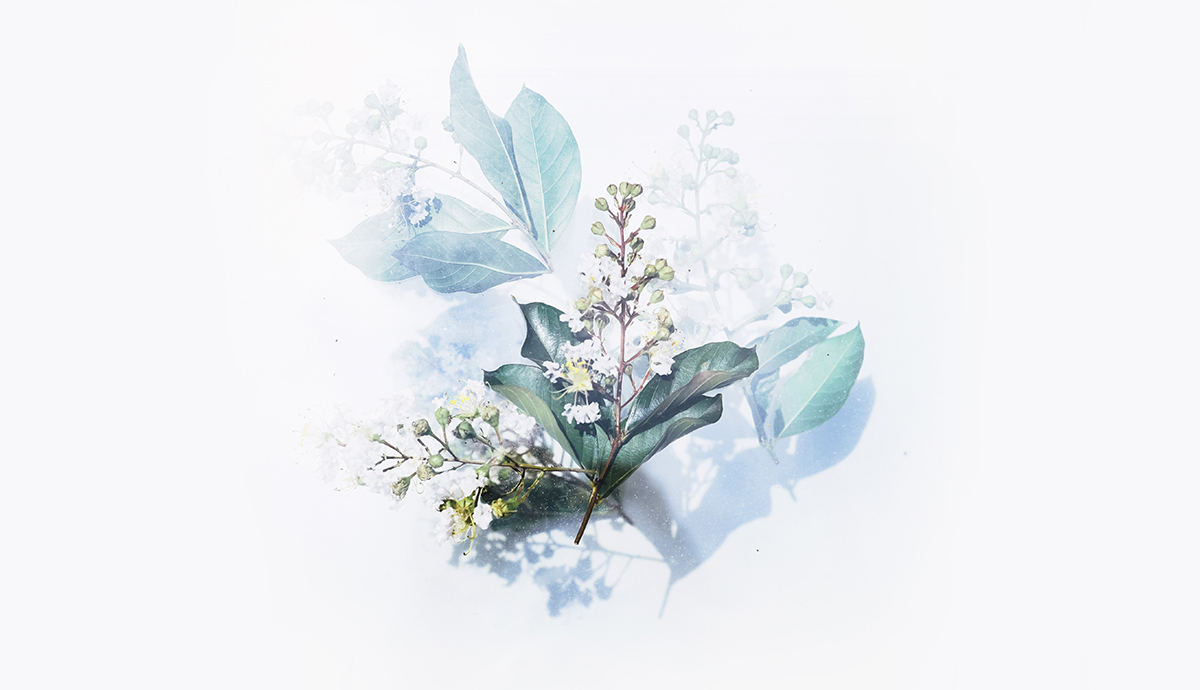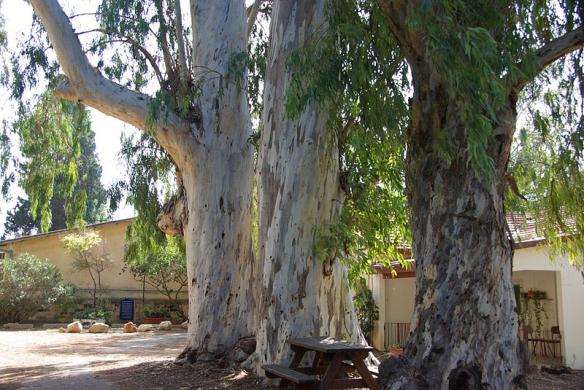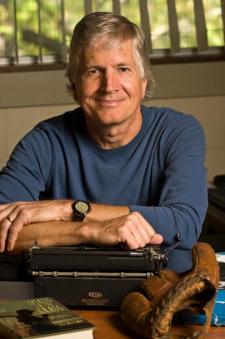A finished novel is like a full-grown tree in your backyard. As your readers walk past, they see—and hopefully appreciate—the solid trunk, a kaleidoscope of branches, and the succulent green leaves shimmering in the sunlight and glowing in the moonlight. But what a casual reader doesn’t see is the complexity of what’s below it, the tangle of roots they never know is there. Some Australian eucalyptus tree roots reach down 180 feet—almost as far as the height of the tree—and your novel/tree is no different.
So, what are those roots beneath a finished novel? What are those extensions down there in the darkness that curl around rocks, anchoring the tree as they search for water and nutrients?
They’re the experiences—positive, negative, or both—that informed or led to the writing of the book. There’s so much back there: It is the experience of childhood: running down hillsides toward passing trains and spilling strawberry Kool Aid on the sidewalk. It’s the time you first swam in a deep, glacial lake and felt the fear of sinking into the azure water below you. It’s the sound of crickets at night as you lay in a field, watching the streaks of northern lights and the slow whirl of the stars. It’s the dust devil rising from the school yard that you ran toward as a kindergartener, your eyes blinking, and your arms wide. It’s the panic when your father—teaching you to drive—put you behind the steering wheel of an old stick-shift Plymouth in a parking lot and simply said, “Just drive.” It’s the first touch of your future wife’s hand, her eyes meeting yours and doing a dance. It’s your tangle of dreams when you sleep. It’s a total eclipse of the sun. It’s a full moon rising and getting caught in the dark net of the sky. It’s the last sad breath of a parent, the first cry of a child as he or she is born. It’s a song, and the silence after that song.
And there’s even more back there, those things that led you to a novel. It’s the very first word on the tip of your tongue when you’re a baby. It’s writing a six-page adventure story, complete with corny dinosaur and evil wizard illustrations, on your father’s work stationery when you were ten. It’s sitting in a closed room and spontaneously scribbling your first poem in high school, though you weren’t at all sure what it meant. It’s discovering, by chance, THE CENTAUR by John Updike as a teenager and being mystified by it, and wondering, for the first time, if you, too, could some day be a novelist. It’s your first attempt at a short story when you were nineteen—a story that was only one and a half pages long, because you couldn’t think of anything else to write. It’s the shaky first paragraph of your first published short story, your first sentence of a would-be novel, scribbled on the back of an ad. It’s the last, twenty-first draft of your last chapter of that novel. It’s staring at a blank page. It’s crows, flying across that page before you begin to write.
It’s all this, and more.
What I’m trying to illustrate is that the completion of a book—that exhilarating, celebratory dash across the finish line with your arms in the air—is not just the book itself. It has so much that came before it, so many informing back-story moments that it’s impossible to chronicle all of them. They’re hidden from the reader; they’re the hundreds of unseen pages beneath each printed page.
Once you've finished writing the book, you can finally sit back and feel the accomplishment. It’s like admiring the huge, intricate tree close to your house, the slant of morning sun skimming off its glossy leaves. But you can’t gaze at it without acknowledging the roots below the surface, because—as you know so well—they’re equally extensive and equally important.
Top photo by: דרור סופר
Bottom photo by: Steve Woit




